Don’t lose your head: Hilary Mantel on how an era of blood-soaked plotting must end with the conclusion of her Wolf Hall saga
Anne Boleyn was beheaded and things look grim for others in the much-anticipated finale to the Wolf Hall saga — but creator Hilary Mantel has revealed her key character will live on.
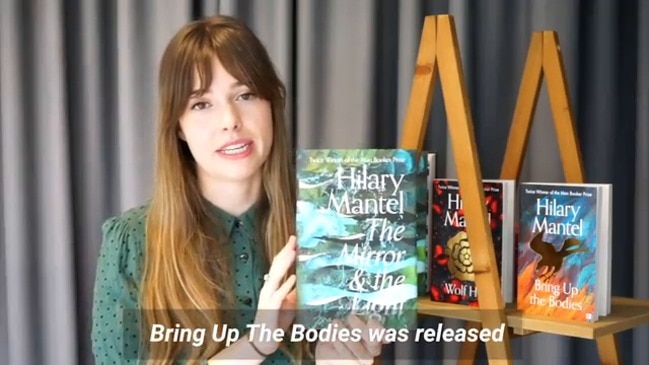
Books
Don't miss out on the headlines from Books. Followed categories will be added to My News.
England, May 1536. Anne Boleyn is dead, decapitated in the space of a heartbeat by a hired French executioner. As her remains are bundled into oblivion, Thomas Cromwell emerges from the spring’s bloodbath to continue his climb to power and wealth, while his formidable master, Henry VIII, settles to short-lived happiness with his third queen, Jane Seymour …
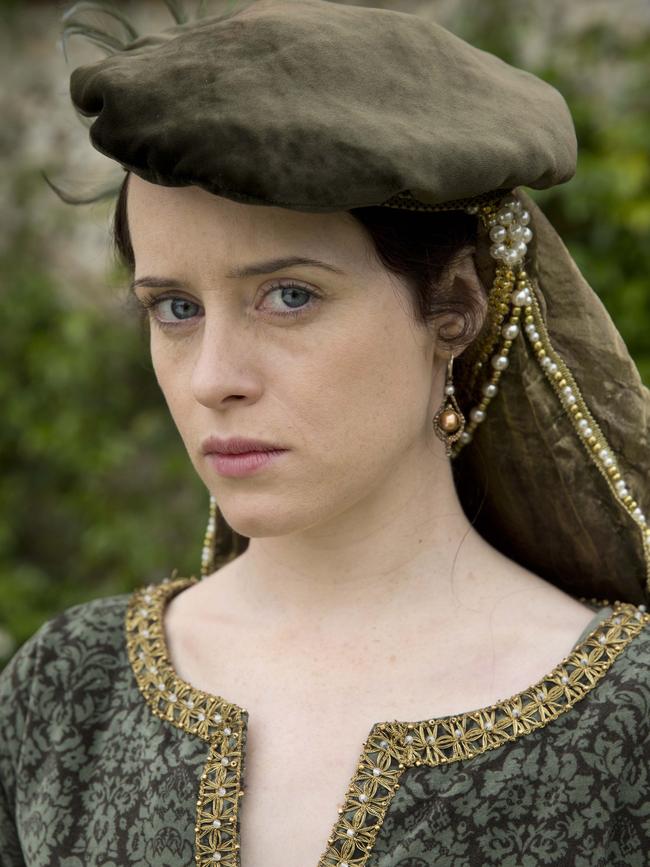
Sex, politics and scandal — not much has changed in 500 years.
If you have any doubt as to the power of historical drama, you probably haven’t experienced Mantel’s award-winning Wolf Hall novels.
Following the story of Thomas Cromwell as he navigates the potentially deadly Tudor court of Henry VIII, Mantel is back with her much-anticipated final part of the trilogy,The Mirror and the Light.
With Wolf Hall and Bring Up the Bodies both winning the Booker Prize and becoming a smash-hit TV production starring Damian Lewis as the corpulent king and Mark Rylance as the blacksmith’s son turned chief minister, you’d imagine the pressure on the acclaimed author would have been overwhelming.
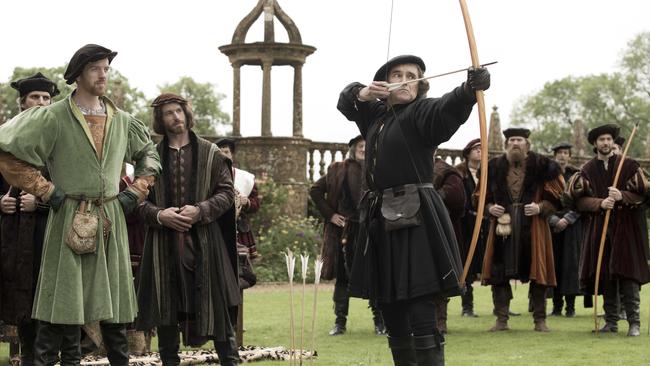
“I didn’t think about it, when I was writing. But now I come to publish — nobody lets me forget it,” Mantel says.
The Mirror and the Light does not disappoint — a magnificent conclusion to the story, it has already been hailed a masterpiece by British critics and has been snapped up by the BBC.
“There is nothing against the recreation of the dead,” Cromwell says, “as long as they are plausible.” That plausibility is Mantel’s gift, her prose taut, yet wonderfully descriptive of the Tudor court. Henry VIII, of course, was one of the most colourful kings in English history, who went through six wives, knocking off two, divorcing two and losing one in childbirth.
The Mirror and the Light picks up the story in 1536, just after the execution of second wife Anne Boleyn.

It’s a story Mantel says she had to wait her whole life to tell. “It was a long journey towards Cromwell. I had his story in mind at the very start of my career,” the 67-year-old British writer says.
“But in between, life happened, and many other stories came along. I had a sense of holding back — because I knew that to write Cromwell’s story I would have to be at the top of my game. I thought of the project as central to my life, and therefore not to be rushed — and a sense that what sustained me would be the fact of having lived a bit and written a lot.”
You get the sense the characters are speaking as much to the author as they are to the reader and Mantel says she enjoyed watching the BBC adaptation and stage show for the same reason. “It was a revelation,” she says.
“We were served by some brilliant actors. But to be truthful, I don’t think of either medium as bringing the characters to life — they were already alive in my mind and on my page.”
What she could never have envisaged, was the response her books would get. “I knew the Tudors were popular, but I could never have imagined the success the books have enjoyed. They are not a quick read, and they ask a lot, but readers are prepared to commit to a writer who is committed to them,” she says.
And she was committed — having worked on the trilogy for 15 years. “Over the years I built a knowledge of both the detailed events and the context,” she says. “You visit places, look at paintings, listen to music, expand the range of your reading. But it’s not until you are writing a particular scene that you know exactly what you need.”
She also credits Australian author Thomas Keneally for influencing her work. “I am grateful to Thomas Keneally. His range and bravery as a historical novelist gave me encouragement when I was starting out, back in the 1970s when there wasn’t much good historical fiction around.”
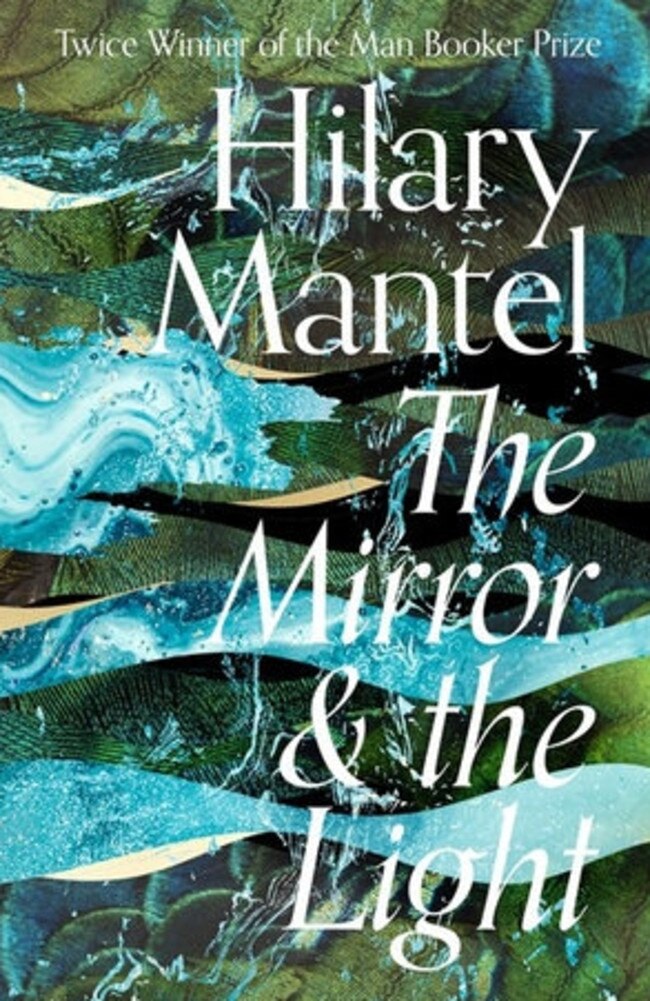
Will she be sorry to say goodbye to Thomas Cromwell? “I have come to admire him — in a cautious way,” she says.
“But he’s not gone, and won’t be for some years. He’ll spring to life again in the theatre and on the screen” — the latter a reference to the forthcoming TV adaptation of the new book.
As for what’s next, Mantel is working on the stage production of The Mirror and the Light, and after that, will see. One thing she won’t be doing is telling the story of the other infamous Cromwell, the revolutionary Oliver. “I haven’t enough lifetime left to take on a new era,” she says.
As she writes, “The pages of the book of his life are turning faster and faster. The book of his heart is unscrolling, the lines erasing themselves.”
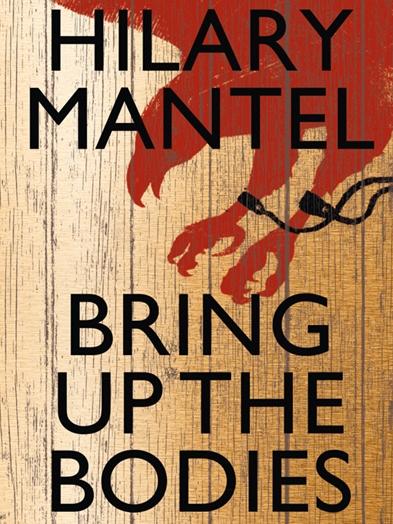

***
BOOK YOUR PLACE IN HISTORY
The Mirror and the Light, published by HarperCollins Australia, will be on sale Thursday. It has more than earned its place as our Book of the Month for March: your code for a 30 per cent discount at Booktopia is MIRROR10.
There’s a lively discussion about historical fiction at our Sunday Book Club Facebook group — now’s a great time to join in.
Originally published as Don’t lose your head: Hilary Mantel on how an era of blood-soaked plotting must end with the conclusion of her Wolf Hall saga

